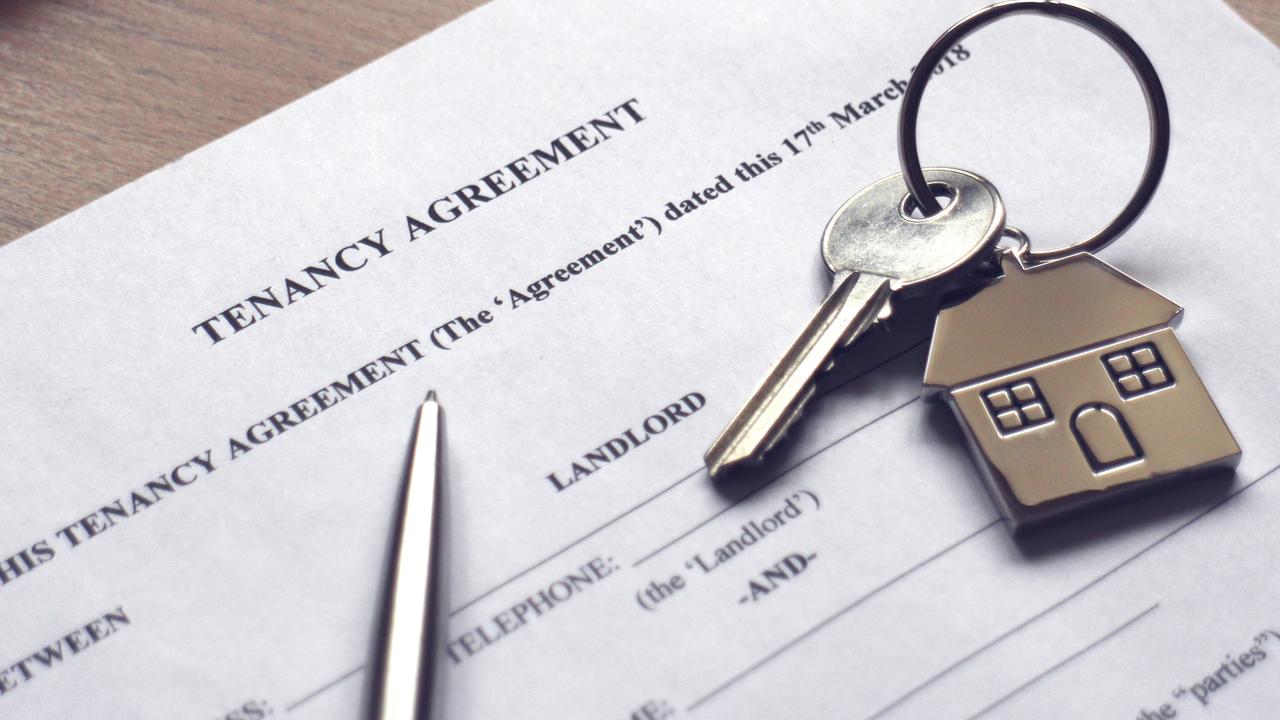
The Real Estate Institute of Victoria (REIV) is urging the state government to take immediate action to prevent further destabilisation of Victoria’s rental market. A surge in legislative reforms aimed at protecting renters has resulted in growing concerns among landlords, many of whom are now withdrawing their properties from the market.
Key concerns raised by REIV:
Why this matters now
Victoria is experiencing a rental supply shock: active rental bonds fell by over 24,000 between September 2023 and 2024, signalling a sharp reduction in available properties. Meanwhile, landlord exits are linked to rising land taxes, interest rates and the financial strains of compliance costs and regulatory changes,
REIV’s recommendation
Rather than adding more regulations, the REIV calls for a two-sided approach: reinforcement of renter protections and introduction of incentives to retain small-scale investors. These could include tac relief, subsidies, or streamlined compliance processes to maintain rental stock and stabilise the market.
Source: Real Estate Business, June 2025